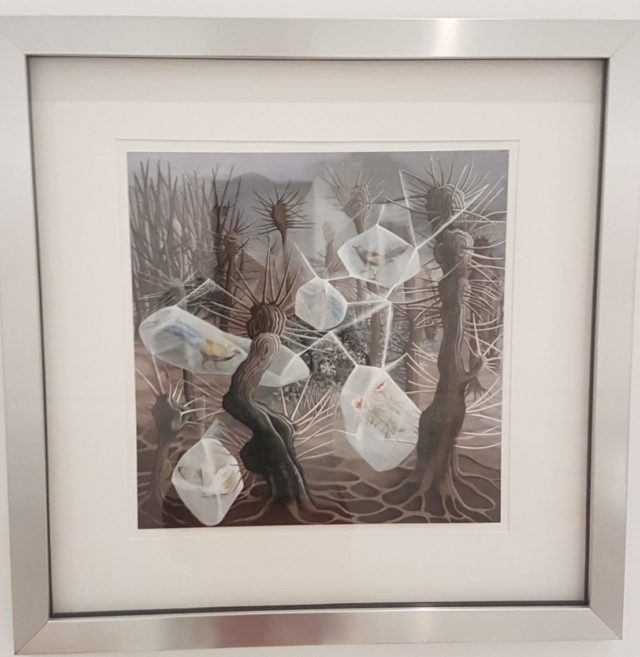Reading Between The Lines
October 4, 2018 by admin_name

Reading Between The Lines
October 2018 Editorial
www.ink2quill.com
So much of a story happens outside the written words. Whether it´s a scifi, classic or even historical story we always have to take stories in their proper context. People who cannot take stories in their proper context are in a kind of limbo. I watched a very good movie called “Syriana” and had a friend explain to me the cultural dynamics of the Middle East so I understand the story completely. Years ago when I went to see the play by August Wilson called “Joe Turner´s Come And Gone” I explained to the people sitting besides me certain cultural references I was surprised they did not understand. I use the two examples of a contemporary film and a classic piece of american literature to show that reading between the lines is in all aspects of storytelling, especially the classics. Whenever I think of good examples of story backgrounds I always think of the greats like Stendhal, Hugo, Dumas and Wilson.
I tried to do the same thing with friends about “Inception”, “Prometheus” and “Hold The Dark”. I tried to explain the situations. We had long discussions, mostly unresolved, over the why of those stories. Because the why of those stories is between the lines of words. All of these movies and the play had its most crucial parts between the lines of words. All of these stories have backgrounds that are connected to the how the stories develop, why the characters did what they did and why the characters will do what they do.
So when is reading between the lines of a story most necessary. The story with an unreliable narrator is the best example I can think of. Films like “Inception” and “Vertigo” are great examples. Films like “Hold The Dark” and “Usual Suspects” are another good example of not only paying attention to every frame of the film but keeping in mind the context of the story. Conversation is also a great way to piece together a story´s background.
That´s why stories whether we´re talking about books, movies, blogs or just oral stories should be shared in conversations. Yes, that is the part of the story that gets no recognition but shoud. The conversation afterwards is important too. That is the real epilogue of any story.
John
Comments
Comments are closed.


